A Handbook of Seed Certification
Availability of foods grains per person has increased from 452 g per capita per day to over 476 g per capita per day, even as the country’s human population almost doubled from 548 million to about 1025 million. This could have been possible due to the positive efforts of agricultural research and extension policies and availability of matching technologies for nutrient-water-soil-stress management with high yielding varieties of crop plants. The continued availability of food grain also depends upon the supply of quality seeds to the end-users. The quality seed remains the architect of evergreen revolution under Indian perspective. The sowing-see-quality is governed by several factors and demands a vigilant-eye on maintenance of utmost quality at every step of its production and distribution.
Seed Certification is a legally approved system to maintain quality of seeds during see production, post harvest operations and formal distribution of seeds. It includes field inspections, at prescribed time and crop stages, various quality tests, pre-and post-control plots with perfect monitoring system. After the emergence of World Trade Organization and subsequent implementation and involvement in implementations of various obligations under different treaties the awareness for seed quality has increased. Hence, the quality aspect can not no longer be ignored by traders, users consumers and producers of seed.
The book addresses varied facets of seed certification. It include information on certification of objectionable seed borne diseases and wee plants as per Indian Seed Act, standards pertaining to seed processing, procedure of registration of samples, physical purity analysis, germination and seed viability, health testing, field inspections, testing a genetic purity, seed standards for major forage, oilseed, pulses and cereals, including certification of hybrid rice and Bt cotton. The information is spread over in 27 chapters contributed by 21 scientific personnel involved in seed production and certification. The book is very useful to the people engaged with quality control, seed production, certification, distribution, processing, research and teaching.
Get it now and save 10%
BECOME A MEMBER

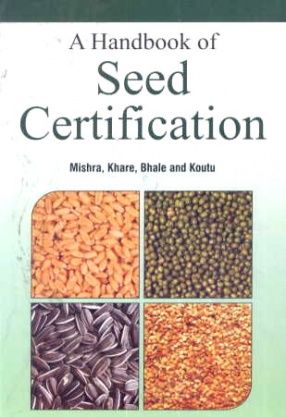

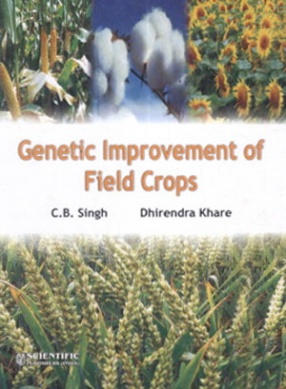
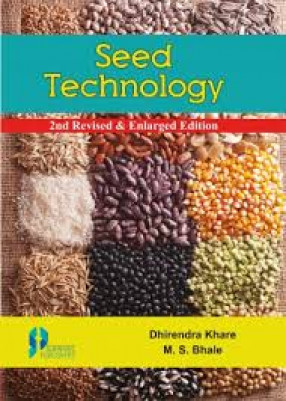
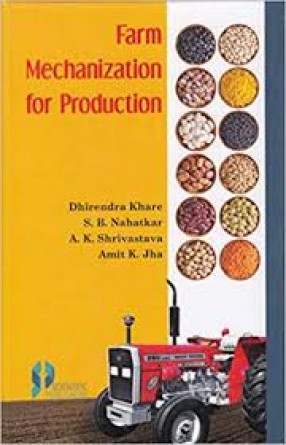
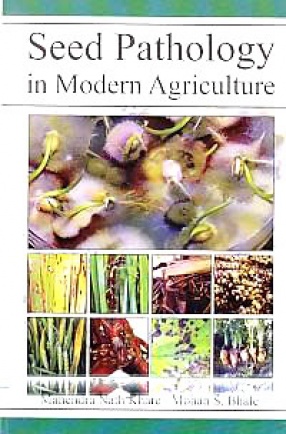
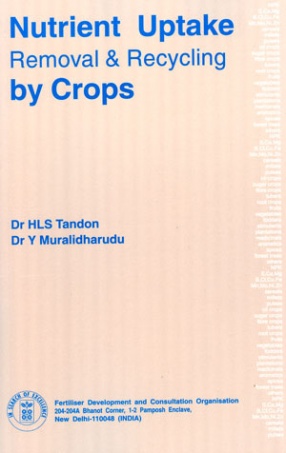
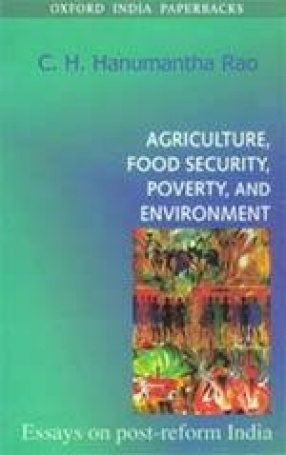
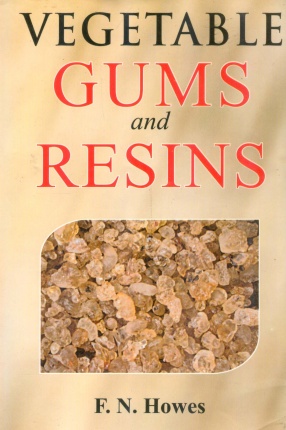
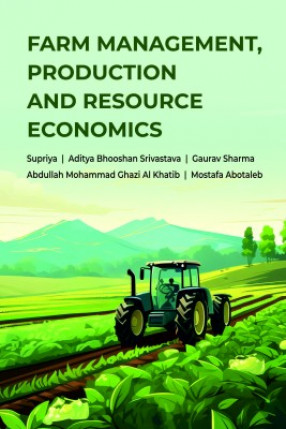

Bibliographic information
Dhirendra Khare
Mohan S. Bhale
Ganesh Kumar Koutu